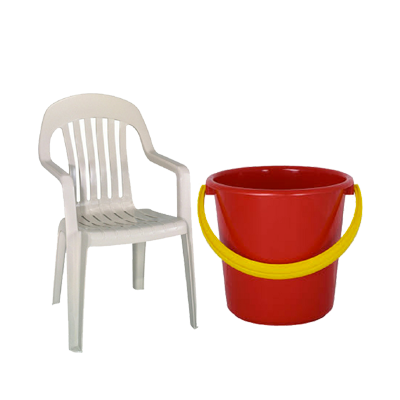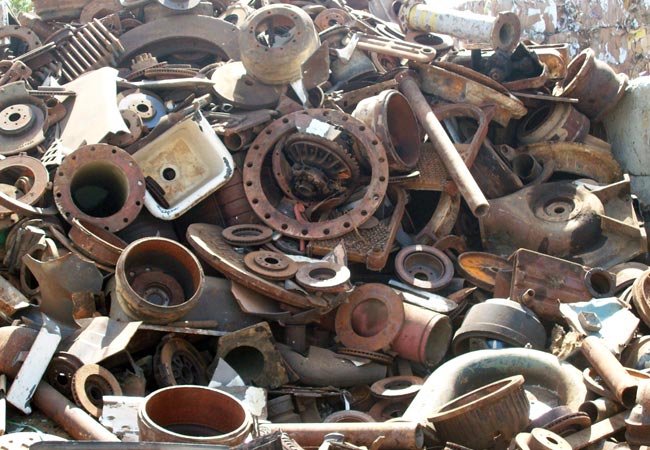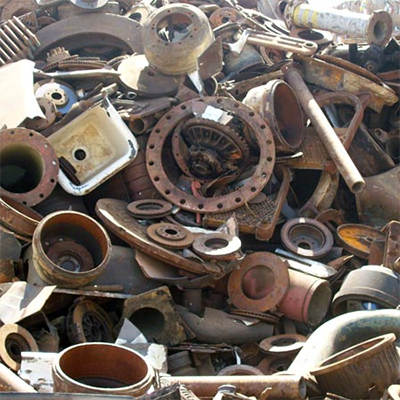
2023-08-21
Ethical Consumerism: Vote from your wallet on environmental sustainability
Ethical consumerism in the present context has been a buzzword in the modern world. People are becoming more aware of the value of their purchasing decisions that impact the environment, economy, and sustainability. From economy to environmental sustainability, the word is going to new heights. So what is ethical consumerism? What are our roles? How could we contribute to environmental sustainability? Let’s dive into this in the below paragraphs.
When the world is burning in flames of overproduction, overconsumption, and pollution, ethical consumerism serves as the rain. It is an approach to sustainably consuming materials. By definition, it is the practice of making purchasing choices based on moral and environmental values that impact society and the environment. It is the feeling of responsibility towards the environment and resource conservation. In the era of greenwashing by companies having net zero “interest” in net zero “targets”, ethical consumerism is an alternative to environmental sustainability making people accountable for their consumption behavior. By choosing to support a more sustainable business, consumers can help to support a whole chain of social and environmental effects. As an eco-conscious consumer, every purchase serves as the vote, and the retail or grocery store is the voting booth. These actions push brands and regulators to consider eliminating or reducing harmful practices.
Some practical steps that we can follow for ethical consumerism involve:
- Before purchasing from a company, find out if it is environmentally friendly and ethical.
- Support your community and local businesses that are environmentally friendly.
- To create less waste and buy fewer new things, reuse and recycle items.
- When making a purchase, consider the source and destination of the item.
By voting with our wallets and supporting the businesses that prioritize sustainability and ethical values, we can influence positive change and drive toward a more sustainable future. While the context has its limitations, there’s no denying that our spending choices have a significant impact on the environment. But the key question is “Has ethical consumerism become a part of our buying decision?”. It’s high time that we, as a consumer needs to be more responsible for sustainability.






















